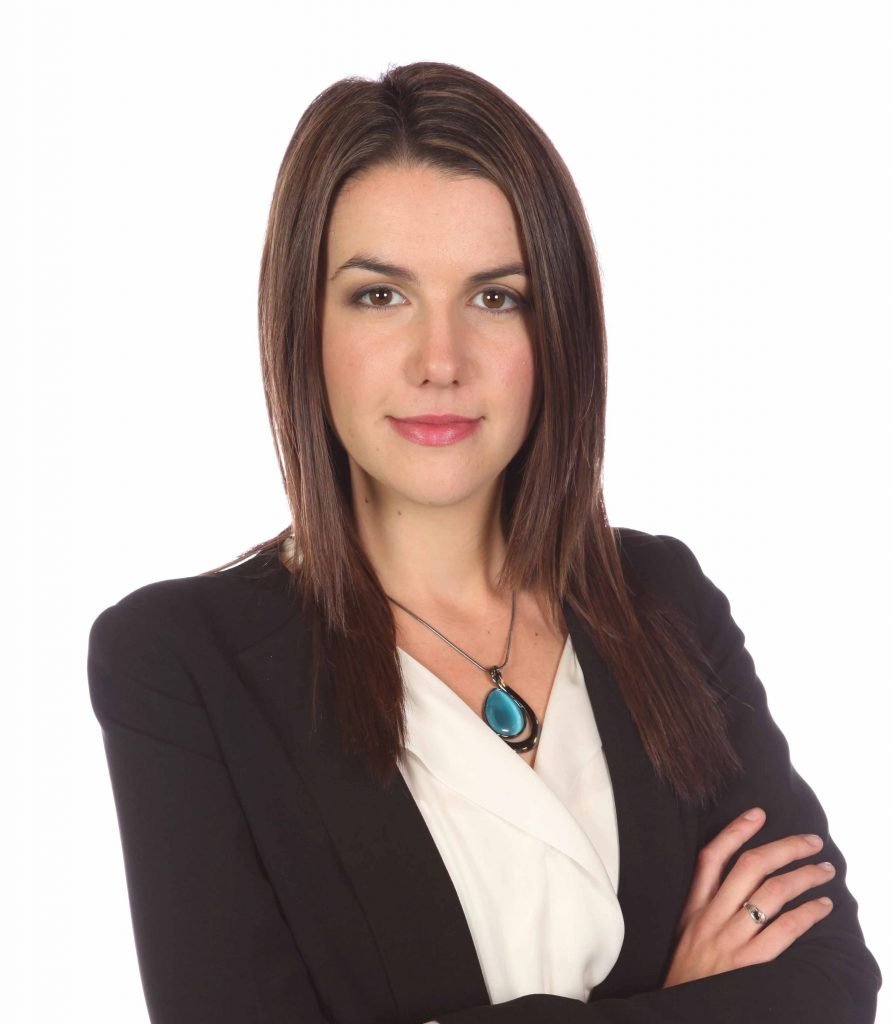By Raquel Fletcher
Marie-Chantal Chassé’s short-lived political career was not an easy one: the former environment minister, relegated to the backbenches early on in the CAQ’s mandate was publicly ridiculed for her apparent lack of confidence when speaking with the media.

In an emotional and moving speech last week in the house, she said goodbye to her colleagues and her constituents. She is one of more than a dozen women MNAs who have announced they will not be seeking re-election, a number of whom after only serving one term. Politics is, after all, a nasty business.
However, Chassé’s final address was surprisingly positive: “I began this adventure with courage, with audacity and with a lot, a lot of enthusiasm. And I found myself at that moment with the file of the utmost importance for humanity… For my children, I couldn’t say no,” she said.
When things did not go as planned, she explained, she got back up, also for her children, three daughters, and set out to rebuild her credibility one person at a time.
“I also got up again for women because I want them to believe that we can be daring, that we can take leaps in the dark, take leaps ahead, that we can trip, get up and end up stronger through it all,” she said, before delivering her powerful clincher:
“I hope with all my heart that my journey will not deter other women from daring to make these leaps… We are often hesitant, perfectionist, we are never good enough. I say to women, I have a responsibility to say to you: ‘Go, girl, go!’ Prove to me, girls, that the fact that I got up again inspires you, dares you to take chances – that my journey helps you to believe even more in yourselves.”
It was an eloquent message addressed to those women who might just feel compelled to take that baton Chassé is passing on to them, if not for her party than for one of the opposition parties gearing up for the upcoming fall election.
While all bets are on François Legault and the CAQ forming another strong majority government, there’s no end of issues to be debated which might draw in new candidates ready to take that leap of faith into the world of politics.
Legault, who is running on his track record overall, will have a much tougher time convincing Anglophones his track record with them is worth voting for. Bill 96, scrapping the Dawson College expansion, and refusing to participate in an English language debate have created strong divisions between his party and English-speaking Quebecers. Still, as he did in 2018, the premier is asking them to “join us.”
“My message to anglophones is still the same,” he said at his end of session press conference last Friday. “But we have to all agree that it’s important to protect French in Quebec.”
“People are extremely frustrated, but not only the Anglophones, people in general,” said Liberal Leader Dominique Anglade at her end of session press conference, also on Friday. “We have to stop dividing ourselves because what’s ahead of us is going to be also a tough period in terms of the economy.”
Anglade is also trying to get back into the good graces of her Anglophone base after her party proposed an amendment to Bill 96, which will now require students attending English CEGEPs to take more classes in French. Anglade has recognized on more than one occasion that this unpopular amendment was a mistake, but if elected, she said it won’t be repealed.
For Quebec Solidaire, the ballot box question will be the rising cost of living.
“We are in the middle of the worst inflation crisis in 30 years,” said QS co-spokesperson Gabriel Nadeau-Dubois. “François Legault’s $500 has already been spent a long time ago.”
He continued: “The CAQ has become the party of François Legault’s obsessions: Louisiana, immigration. I think Quebecers have other priorities.”
Although he has been heavily criticized for his comments that Quebec could become the next Louisiana if it didn’t do more to protect the French language, the premier is sticking to his position.
“It might shock some people to say that Quebec wants more powers when it comes to immigration to protect French, but I’m a more or less straight forward guy who doesn’t beat around the bush. So I think it’s a question of saying clearly to Quebecers where we stand,” he explained.
Despite the CAQ’s recruiting two high-profile former sovereigntist candidates (Bernard Drainville and Caroline St-Hilaire), the Parti Quebecois still isn’t convinced a nationalist approach is the best bet for Quebec.
“It’s crystal clear that, no matter how many CAQ representatives there will be in this house after the next election, it will not change the fact that Ottawa will not say yes to things that, according to the Premier, are vital to the survival of our nation,” said PQ Leader St-Pierre Plamondon. Independence is “the reason of our existence,” he said and he plans to campaign on that point “with all the energy possible.”



